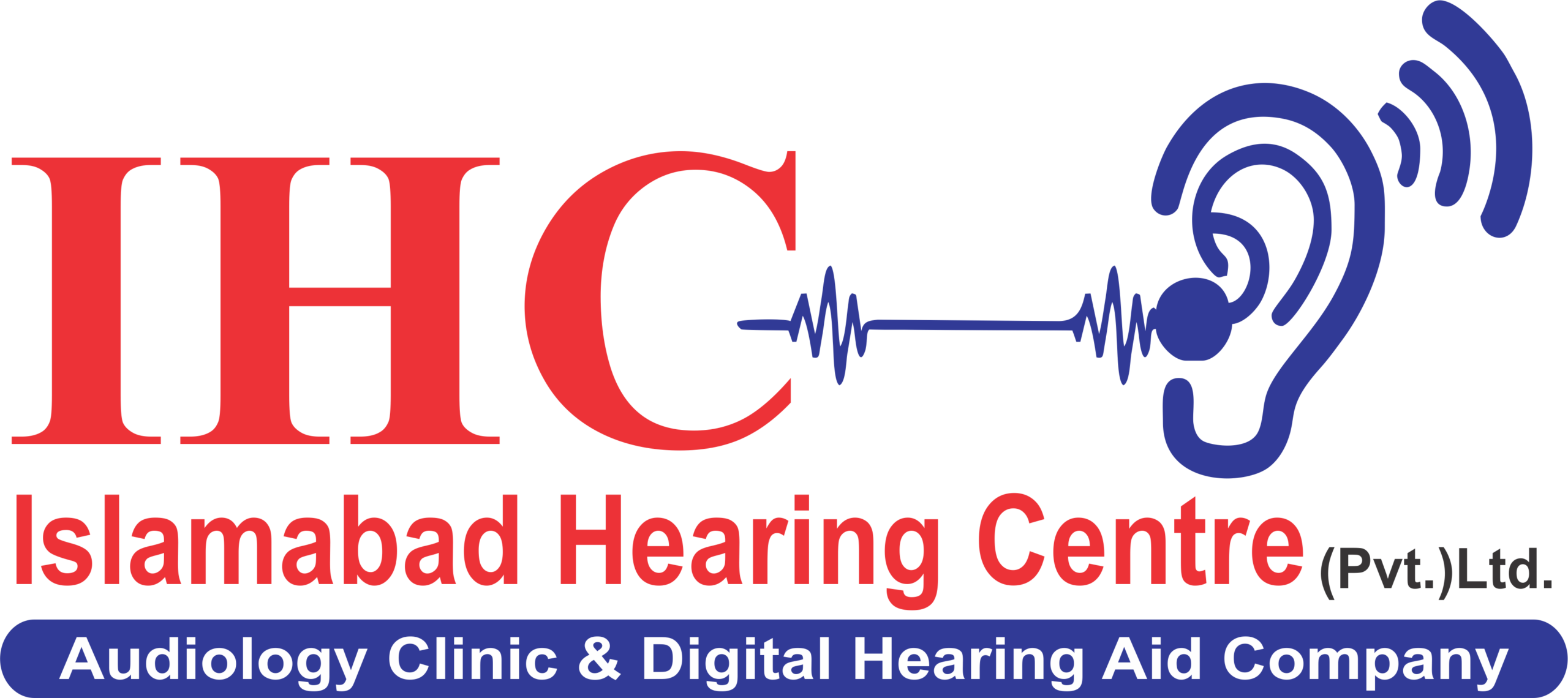Hearing tech in health is a critical aspect of overall well-being, yet it is often overlooked. Understanding the significance of hearing health can lead to early detection and treatment of hearing loss, ultimately improving the quality of life. The history of hearing tech is a testament to human ingenuity, showcasing how far we’ve come in helping individuals with hearing impairments.
Current State of Hearing Technology
Hearing aid technology has evolved significantly over the years. From bulky, analog devices to sleek, digital marvels, the advancements have been remarkable. The latest in hearing aid technology includes sophisticated features like directional microphones, feedback cancellation, and customizable settings for different listening environments.
Benefits of Modern Hearing Technology
Modern hearing aids offer improved sound quality and clarity, making it easier to hear conversations in noisy environments. They are also more comfortable to wear, with many models designed to be discreet and ergonomic. Additionally, modern hearing aids often come with convenient features like rechargeable batteries, eliminating the need for disposable batteries.
Types of Hearing Aids
There are several types of hearing aids available, each with its own set of benefits. Behind-the-ear (BTE) hearing aids are powerful and suitable for all types of hearing loss. In-the-ear (ITE) hearing aids are custom-made to fit the shape of the wearer’s ear, providing a comfortable and secure fit. Invisible-in-canal (IIC) hearing aids are the most discreet option, as they sit deep inside the ear canal and are virtually invisible to others.
Features to Look for in Hearing Aids
When choosing a hearing aid, it’s essential to consider the features that will best suit your lifestyle. Noise reduction technology can help filter out background noise, making conversations clearer. Bluetooth connectivity allows you to stream audio directly from your phone or other devices to your hearing aids. Rechargeable batteries offer convenience and cost savings, eliminating the need for frequent battery changes.
The Role of Audiologists in Hearing Health
Audiologists play a crucial role in maintaining hearing health. They conduct thorough hearing evaluations to assess the extent of hearing loss and recommend appropriate treatment options. Audiologists also customize hearing aids to meet individual needs, ensuring optimal performance and comfort.
Choosing the Right Hearing Aid for You
Selecting the right hearing aid involves considering factors such as the severity of hearing loss, lifestyle, and budget. Audiologists can help guide you through this process, offering expert advice and recommendations. Adjusting to wearing hearing aids may take time, but with patience and practice, most individuals adapt successfully.
Latest Innovations in Hearing Technology
Artificial intelligence (AI) is revolutionizing the field of hearing aid technology. AI-powered hearing aids can learn and adapt to the wearer’s listening preferences, providing a personalized hearing experience. Tele-audiology allows individuals to receive hearing care remotely, making it easier to access services and support.
Future Trends in Hearing Technology
The future of hearing aid technology holds exciting possibilities. Advancements in miniaturization may lead to even smaller and more discreet hearing aids. Integration with other wearable devices, such as smartwatches, could offer enhanced features and connectivity options. Explore these possibilities at Islamabad Hearing Center.
Conclusion
Modern hearing technology has come a long way, offering improved sound quality, comfort, and convenience. If you or a loved one are experiencing hearing loss, don’t hesitate to seek help. Visit IHC Hearing, our clinic, for a comprehensive hearing evaluation and personalized consultation. Say goodbye to missed conversations and hello to a world of clearer, more vibrant sound.













